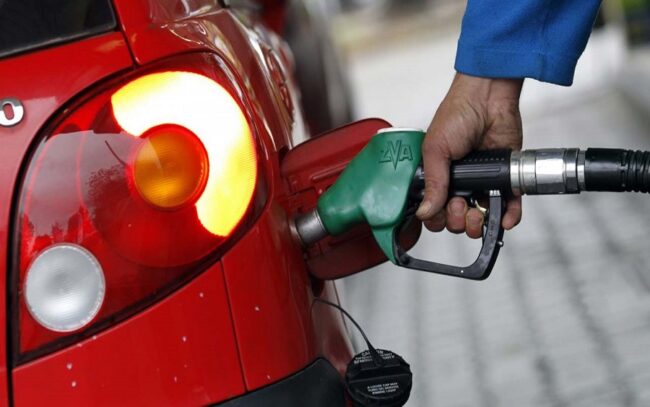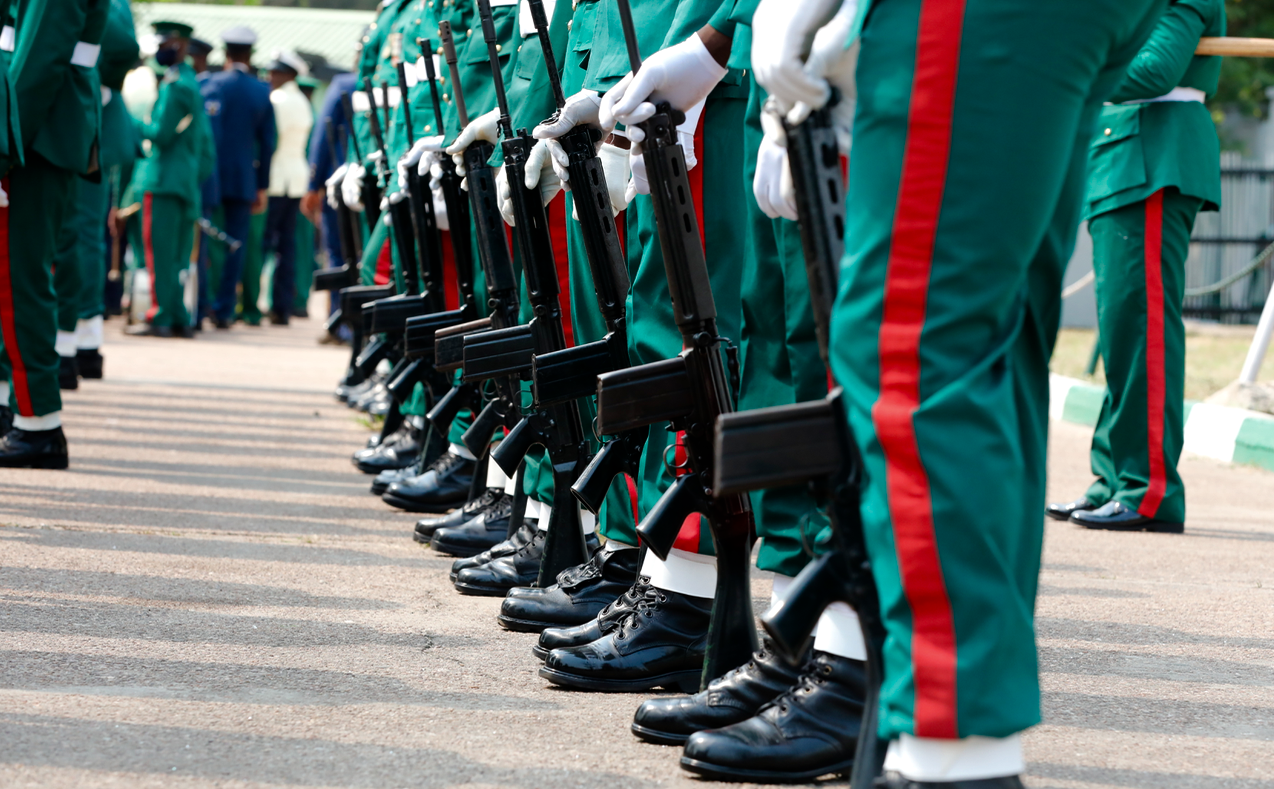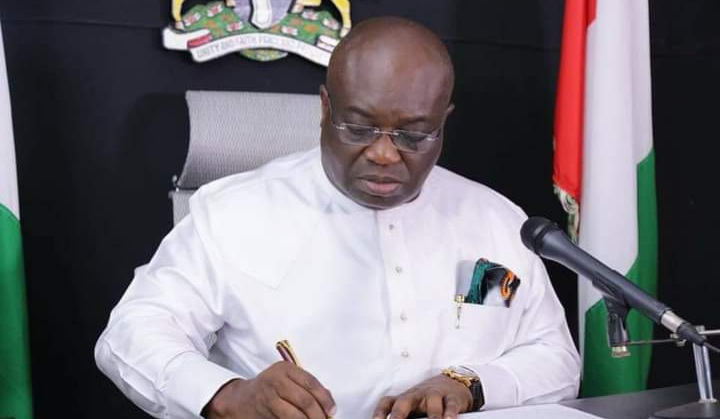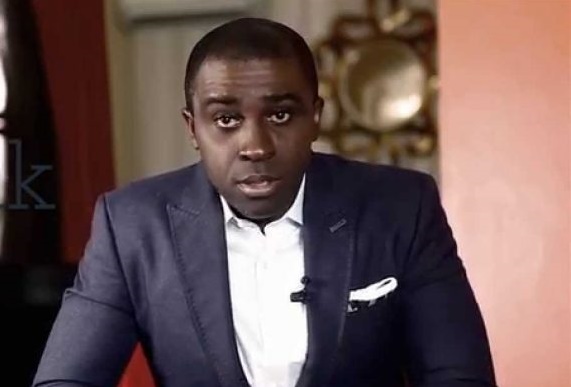The Nigerian National Petroleum Corporation (NNPC) says it will maintain the current ex-depot price of premium motor spirit (PMS), better known as petrol, until the end of negotiations with organised labour.
Kennie Obateru, group general manager, group public affairs division of NNPC, disclosed this in a statement on Friday.
This development comes after Mele Kyari, NNPC general managing director (GMD), said the NNPC can no longer bear the cost of subsidy on its books.
Kyari had said the NNPC can no longer bear the burden of underpriced sales of petrol, adding that the market price need to be implemented.
Advertisement
He said NNPC pays between N100-120 billion a month to keep the pump price at the current levels.
In the statement, Obateru said although the NNPC currently bears the burden of petrol subsidy, current price will be maintained at N162 until ongoing engagement with the organized labour and other stakeholders are concluded.
He said the NNPC has no intention to preempt ongoing engagement with labour by unilaterally increasing the ex-depot price of petrol.
Advertisement
Obateru said the NNPC has made arrangements for robust stock of petroleum products in all its strategic depots across the country to keep the nation well supplied at all times.
He urged petroleum products marketers to desist from arbitrary price increase or hoarding of petrol.
The spokesman also warned against panic buying, stressing that NNPC was committed to ensuring energy security.
In February, Timipre Sylva, minister of state for petroleum resources, had warned Nigerians to get ready to bear the pains of increased petrol pump price as crude oil prices climbs above $60 per barrel.
Advertisement
The increase in the price of crude oil bodes well for the Nigerian economy as this will boost the county’s revenue needed for the implementation of the 2021 budget, improve crude oil receipts and consequently bolster foreign exchange inflows.
However, the prolonged high crude prices would ultimately feed into a climb in petrol’s landing cost — meaning an increase in fuel price. This would further weaken the purchasing power of Nigerians who are already battling with high inflation, unemployment and stuttering economic growth.
Advertisement






